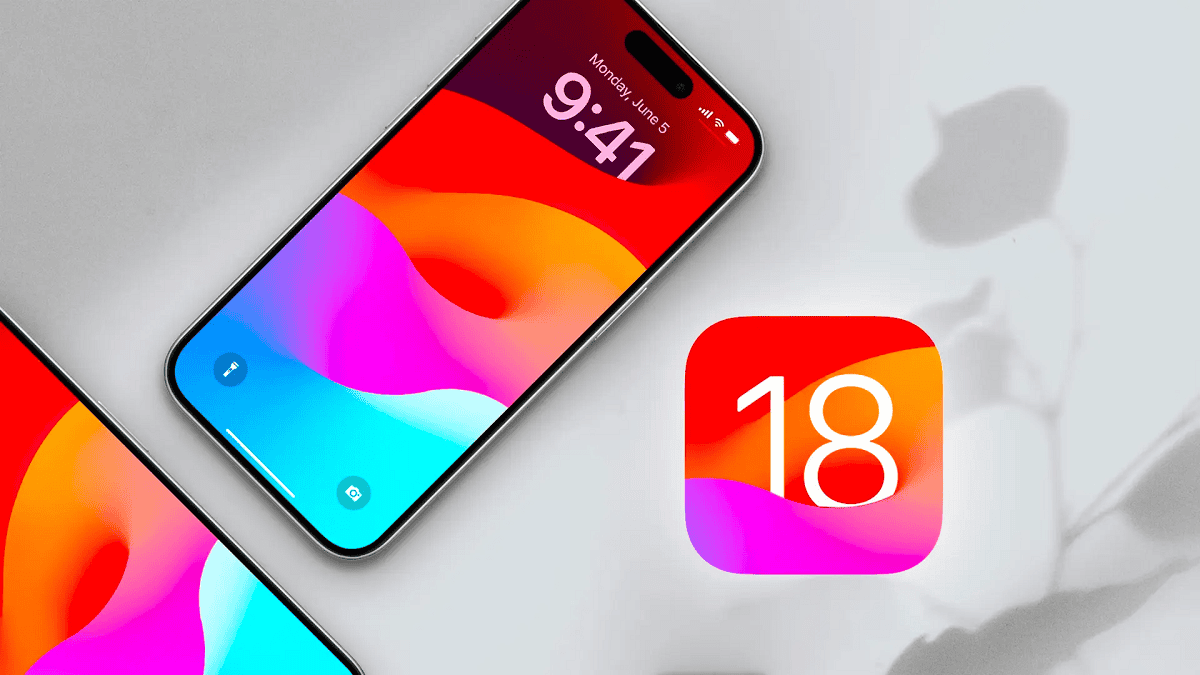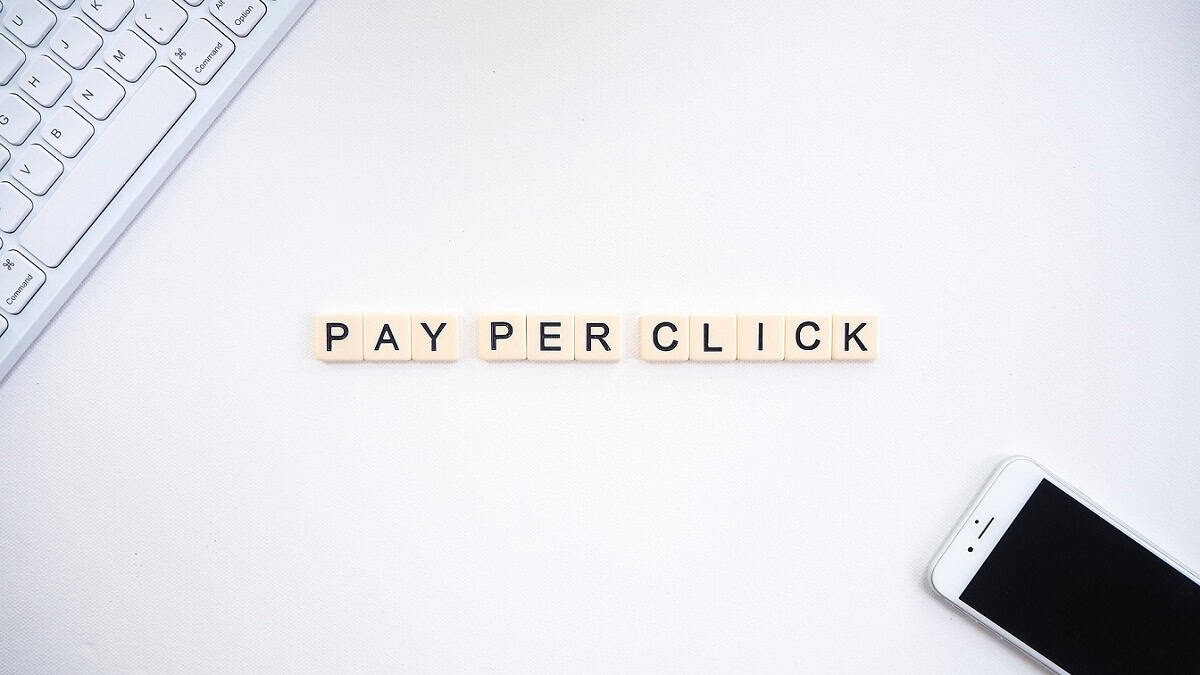Women With AS Genotype May Pose Certain Health Considerations in Relationships

AS genotype women often face significant challenges in relationship issues. Over years in genetic counseling, I’ve learned sickle cell trait reveals itself in moments no test measures: the way Naomi knows precisely which hills to avoid on her morning walk, how Tanisha’s voice tightens when nurses dismiss her pain as ‘just being a carrier,’ the careful calculations Aisha makes before air travel. These women taught me that career status isn’t a medical footnote; it’s a lived expertise written in subtle body language and hard-won wisdom.
Their stories live in my clinic notes like parallel charts, the official haemoglobin electrophoresis results filed neatly beside observations, no lab values captured:
- The exact shade of brown that a patient’s knuckles turn during cold stress.
- Which ERs keep haematologists on call (and which assume AS means ‘not urgent’)
- The way some women say ‘I’m fine’ through teeth clenched against invisible joint pain.
What medicine calls ‘asymptomatic’ often means ‘unrecognised by our systems.’ My patients navigate this gap daily, becoming fluent translators between their lived experience and clinical assumptions. Their real expertise? Knowing when to push for care, when to rest, and when to educate yet another provider that trait isn’t trivial.
AS Genotype Women in Relationships: Understanding Your DNA Results
1. The Emotional Weight of Disclosure
For AS genotype women, disclosing their status to a partner can feel like walking a tightrope. One client, Ada, shared how her first relationship ended abruptly after she mentioned her genotype. “He Googled ‘AS genotype and pregnancy’ and panicked,” she said. “No one prepared me for how to have that conversation.”
Key Insight: Honesty matters, but context matters more. Framing the AS genotype as a health consideration rather than a risk shifts the dialogue. Couples who approach it as a shared learning journey, such as attending genetic counselling together, often build stronger bonds.
2. Pregnancy and Proactive Planning
The AS genotype doesn’t equate to infertility or guaranteed complications, but it does require mindful planning. When combined with a partner’s SS or AS genotype, the risk of sickle cell anaemia in offspring rises.
Real-World Strategy:
- Preconception genetic testing for both partners.
- Collaborating with haematologists to monitor iron levels and hydration during pregnancy.
- Exploring IVF with PGD (preimplantation genetic diagnosis) for high-risk couples.
A nurse-midwife I interviewed emphasised, “The goal isn’t fear—it’s empowerment. Knowledge lets women make informed choices.”
Health Superpowers and Silent Challenges
The Resilience Paradox
AS genotype women often develop a high pain threshold, which is a double-edged sword. Fatigue or joint pain might be dismissed as “normal,” delaying care. One marathon runner didn’t realise her extreme exhaustion was linked to mild haemolytic anaemia until a routine blood test flagged it.
Self-Care Tip:
-
Listen to your body’s whispers before they become screams. Annual check-ups with a haematologist are non-negotiable.
The Hidden Advantage: Malaria Resistance
Here’s a twist: the AS genotype offers partial protection against malaria. In regions such as sub-Saharan Africa, this genetic trait offers survival benefits. Yet, this same advantage is rarely discussed in Western health spaces.
Takeaway: Health isn’t monolithic. What’s a “risk” in one context may be a shield in another.
Breaking Stereotypes: AS Genotype Women Thriving
1. Redefining Fitness
Gone are the days of blanket warnings against exercise. A 2023 study in Sports Medicine found that athletes with the AS genotype perform optimally with hydration-focused training and rest intervals.
Example: Funke, a Lagos-based HIIT instructor, modifies workouts for clients with the AS genotype. “We prioritise recovery days and electrolytes,” she says.
2. Career and Energy Management
Corporate lawyer Ebele shared her hack: “I schedule high-focus tasks before noon when my energy peaks. Afternoons are for meetings.” Tiny adjustments like these prevent burnout.
The Growth Mindset for AS Genotype Women
1. Building a Supportive Network
- Join communities like the Sickle Cell Disease Association’s “Trait Network.”
- Educate loved ones with relatable analogies (e.g., “My red blood cells are crescent moons, not disks—they need extra care”).
2. Advocating in Healthcare Settings
A 2022 Johns Hopkins study revealed that patients with the AS genotype often face dismissive attitudes. Scripts to use:
-
“Let’s discuss how my genotype might influence this treatment.”
-
“Can we run a reticulocyte count to check my red blood cell production?”
Understanding Feelings: Mental Health and the AS Genotype
The Anxiety of “What If?”
Many AS Genotype women describe a low-grade hum of anxiety, not about their own health, but about the possibilities. What if my child inherits a severe form of the disease? What if my partner blames me? This mental load often goes unaddressed in clinical settings.
Breaking the Cycle:
- Reframe “risk” as “awareness”: Genetic counsellor Dr. Amina Yusuf suggests replacing “You have a 25% chance of an SS child” with “You have a 75% chance your child won’t inherit SS.”
- Preemptive therapy: Short-term CBT can help process these fears before pregnancy planning.
When Stigma Strikes
In some cultures, women with the AS genotype face marital rejection. A 2023 Nigerian study found that 42% of single AS women hid their status during early dating.
Counter-Tactic:
-
Normalise early convos: “I get my genotype checked annually—do you?” makes it a mutual health practice, not a confession.
Myth-Busting: What AS Genotype Women Wish You Knew
- “We’re not ‘sick’.” Most live symptom-free unless dehydrated or stressed.
- “Dating us isn’t risky.” With informed partners, healthy pregnancies are possible.
- “Our pain is real.” Even mild sickling causes discomfort—it’s not “dramatics.”
Final Truth: Living Fully with the AS Genotype
The AS genotype isn’t a life sentence of limitations—it’s a call to intentional living. The most empowered women I’ve met treat their bodies as collaborators, not adversaries. They ask questions, demand nuanced care, and rewrite outdated narratives.
Your Next Steps:
- Book a haematology consult if you’ve put it off.
- Share your story—your experience educates others.
- Explore internal links like [Your Site’s Guide to Genetic Counselling].
The future belongs to women who see their genotype as one thread in a richer tapestry. Pull it gently, and the whole picture holds.
Source: Kwaku Nimako








